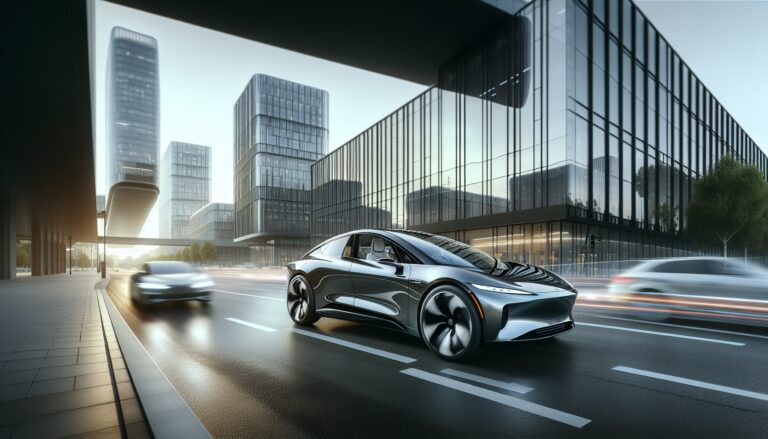Argomenti trattati
The rise of electric vehicles
The automotive landscape is undergoing a profound transformation, primarily driven by the rapid advancements in electric vehicles (EVs). Once considered a niche market, EVs have surged into the mainstream, propelled by a growing demand for sustainable transportation solutions. Major automotive manufacturers, led by innovators like Tesla, are at the forefront of this shift, introducing models that not only meet consumer expectations but also set new standards for performance and efficiency.
Governments around the globe are implementing policies that encourage the adoption of electric vehicles, recognizing their potential to reduce carbon emissions and combat climate change. Tesla’s Model 3 and Model Y have emerged as frontrunners in global sales, showcasing the brand’s commitment to making electric mobility accessible to a broader audience. The company’s Gigafactories are pivotal in this endeavor, designed to produce batteries at an unprecedented scale, thereby lowering production costs and enhancing affordability for consumers.
Advancements in autonomous driving technology
Alongside the rise of electric vehicles, autonomous driving technology is revolutionizing the way we perceive mobility. Companies like Waymo and Cruise are pioneering efforts to develop self-driving vehicles that promise to enhance road safety and minimize human error. These vehicles utilize sophisticated AI algorithms, machine learning, and advanced sensor technologies to navigate complex environments, detect obstacles, and make real-time driving decisions.
Waymo, a subsidiary of Alphabet, has made significant strides by launching self-driving taxi services in select urban areas, demonstrating that AI-driven transportation is not merely a futuristic concept but a tangible reality. Tesla’s Autopilot and Full Self-Driving (FSD) features further illustrate the potential of autonomous technology, allowing vehicles to perform tasks such as highway navigation and automated parking. However, the journey towards fully autonomous vehicles is still contingent upon regulatory approvals and public acceptance.
The future of mobility
As we look ahead, the convergence of electric vehicles and autonomous driving technology heralds a new era of transportation. The next decade promises to be transformative, with innovations that will redefine commuting and travel. Just as the rise of online gaming platforms revolutionized the entertainment industry, the shift towards electric and autonomous vehicles will reshape our daily lives.
With ongoing advancements in battery technology, AI-driven traffic management systems, and the expansion of charging infrastructure, the future of mobility is poised for exciting developments. The integration of these technologies will not only enhance the efficiency of transportation systems but also contribute to a cleaner and safer environment. As we embrace this evolution, it is clear that electric vehicles and autonomous cars are not just passing trends; they are integral to the future of how we move.

